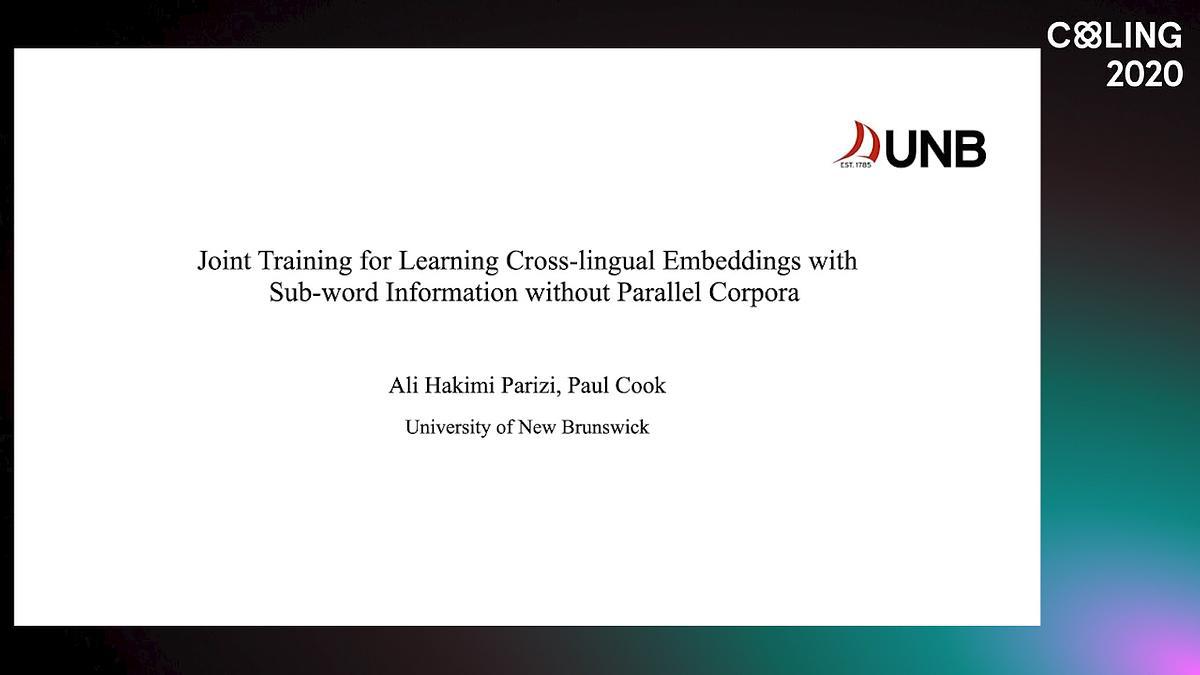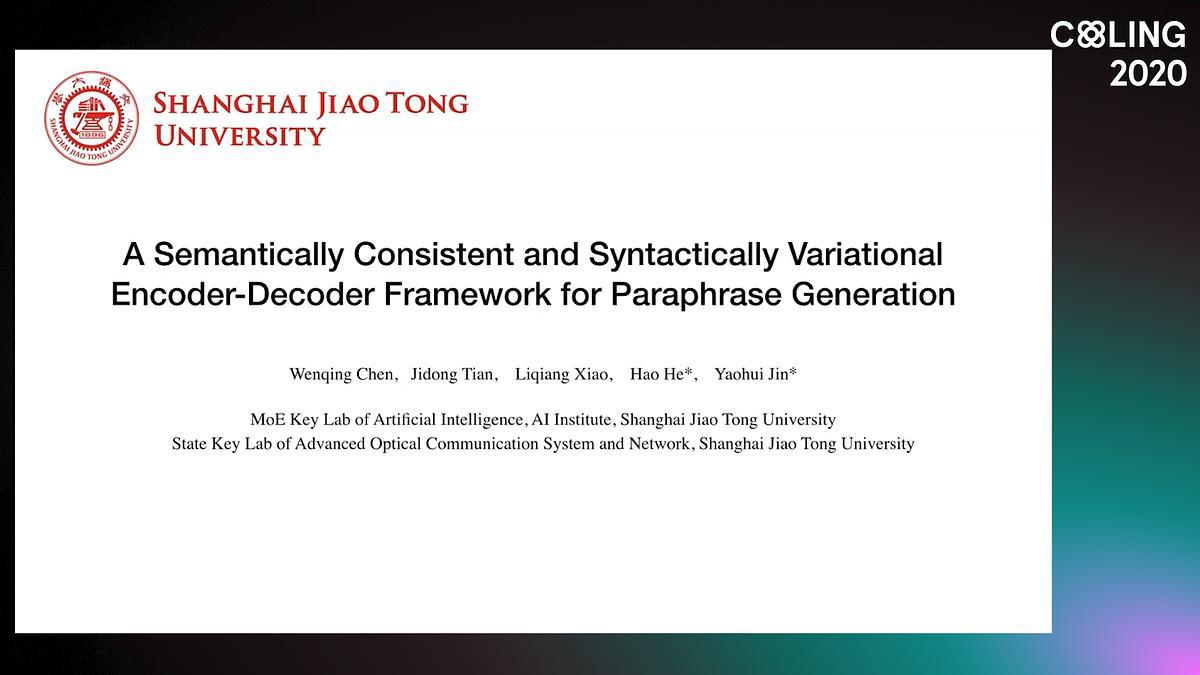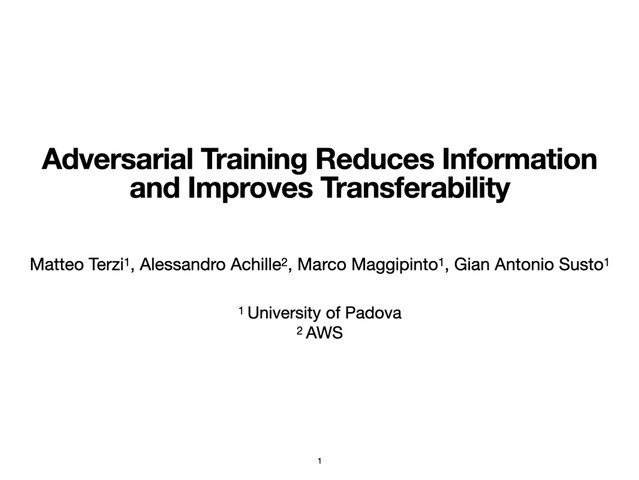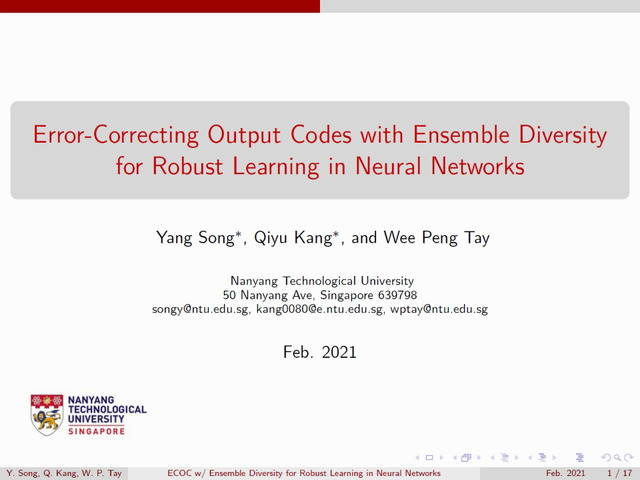Abstract:
Modern multilingual models are trained on concatenated text from multiple languages in hopes of conferring benefits to each (positive transfer), with the most pronounced benefits accruing to low-resource languages. However, recent work has shown that this approach can degrade performance on high-resource languages, a phenomenon known as negative interference. In this paper, we present the first systematic study of negative interference. We show that, contrary to previous belief, negative interference also impacts low-resource languages. While parameters are maximally shared to learn language-universal structures, we demonstrate that language-specific parameters do exist in multilingual models and they are a potential cause of negative interference. Motivated by these observations, we also present a meta-learning algorithm that obtains better cross-lingual transferability and alleviates negative interference, by adding language-specific layers as meta-parameters and training them in a manner that explicitly improves shared layers′ generalization on all languages. Overall, our results show that negative interference is more common than previously known, suggesting new directions for improving multilingual representations.









































